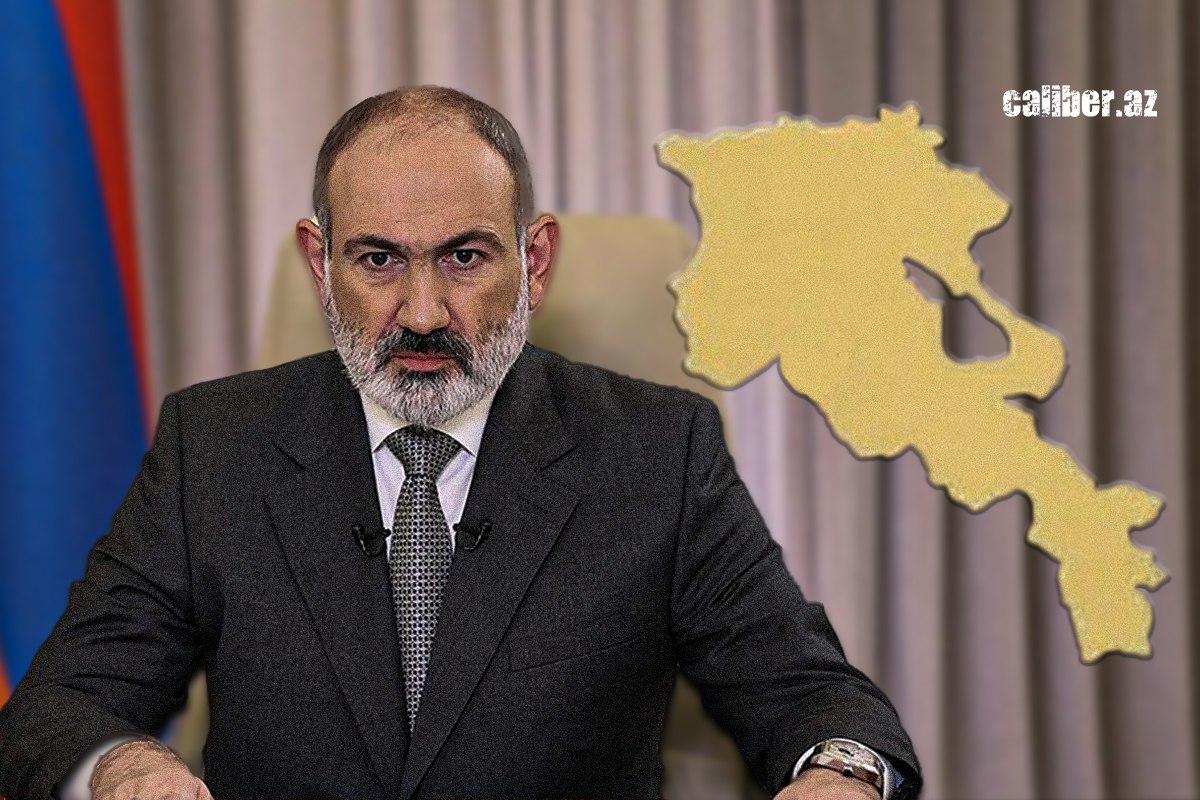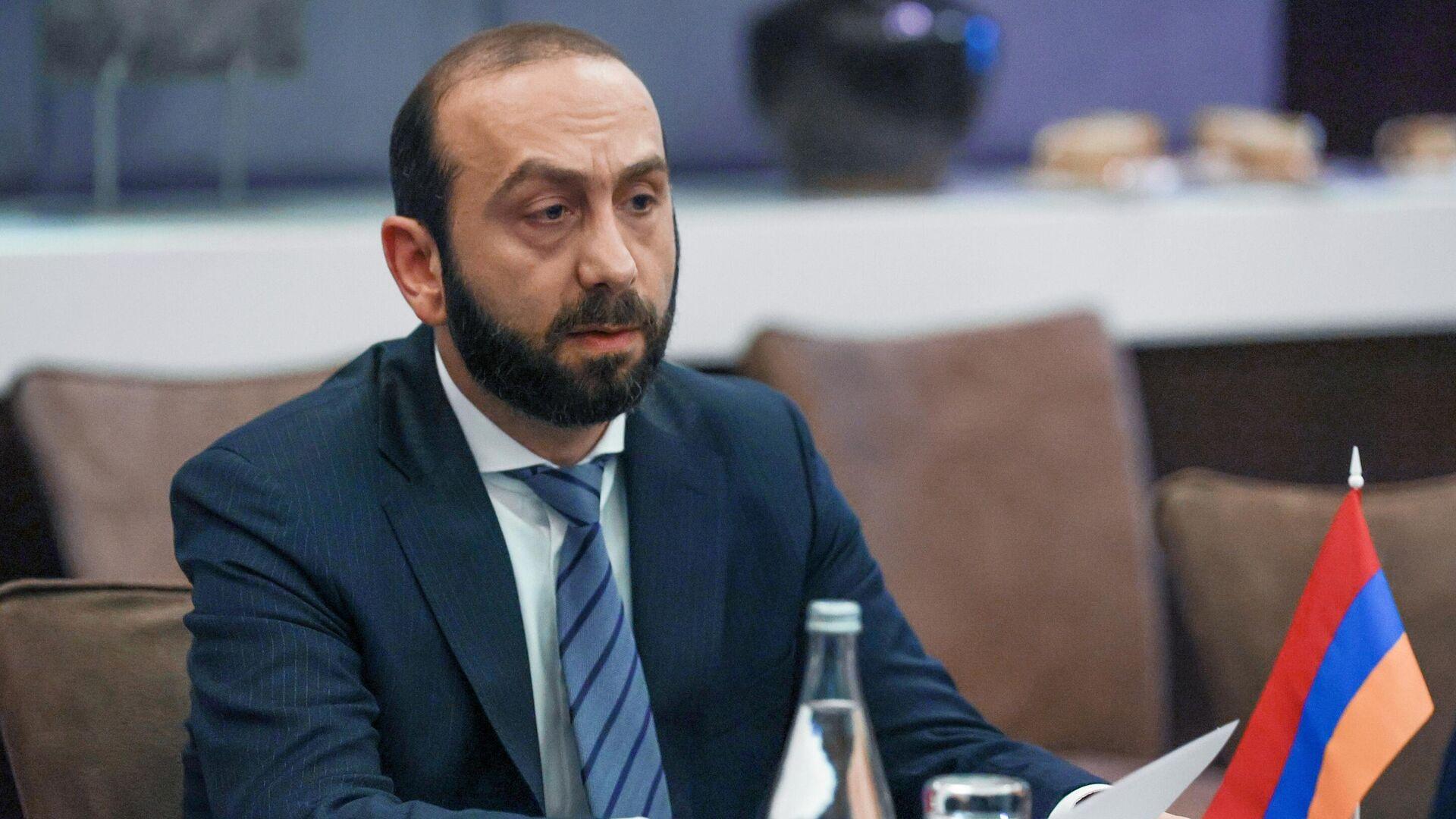Armenia’s militarisation policy Pashinyan fuels a new cycle of confrontation
It appears that the recent remarks made by Azerbaijani President Ilham Aliyev, in an interview with local television channels, have been heard in Yerevan. In his statements, President Aliyev outlined Azerbaijan's policy priorities and highlighted key factors impeding a peaceful resolution between Armenia and Azerbaijan. He mentioned Armenia's growing militarization, the rise of fascist ideologies in the country, the potential for peace negotiations, and the significance of the Zangezur corridor. Additionally, President Aliyev urged countries supplying weapons to Armenia to cancel existing contracts and called for the return of any weapons already delivered.
In response to President Aliyev’s demand, Armenian Prime Minister Pashinyan, followed by Foreign Minister Mirzoyan at a press conference, stated that Yerevan had no intention of returning the weapons it had acquired. Instead, they proposed creating a “mechanism for arms control.” This proposal is not new; Armenia has previously made similar, equally absurd suggestions. Last year, Pashinyan offered Azerbaijan an agreement on “mutual arms control.” He stated, "For security purposes, we proposed the mirror withdrawal of troops from the borders defined by the Almaty Declaration to neutralize the threat of clashes. Azerbaijan refused. We also proposed the demilitarization of border regions, which Azerbaijan also rejected. Now, I can suggest the following: let’s sign an agreement on mutual arms control,” Pashinyan said during a meeting of the initiative group of his party, Civil Contract.
At that time, the Armenian Prime Minister insisted that by signing the agreement, Armenia and Azerbaijan would be able to mutually monitor the implementation of the arms control agreements. He also labelled Azerbaijan's criticism of Armenia's weapons purchases as unacceptable, assuring that these acquisitions were made solely for the purpose of protecting Armenia's borders.

These same words were echoed by Armenian Foreign Minister Ararat Mirzoyan. "The purchase of weapons is a sovereign right of every country. It is also Armenia's sovereign right to protect its borders. However, even if there are any concerns, it is known that we recognize the territorial integrity of our neighbours, and we expect our neighbours to recognize our territorial integrity. We have repeatedly stated that we have no intentions of taking any military actions against our neighbours. We expect our neighbours to show the same behaviour towards us. At the same time, we are reforming our army, and one of the components of this reform is the purchase of weapons," Mirzoyan stated.

The issue of arms purchases is indeed a sovereign right of any state that has never occupied the territory of another country or threatened its neighbours. However, Armenia does not belong to such states, as evidenced by its 30-year occupation of Azerbaijani territories. Therefore, Baku has every reason not to trust Armenia, especially given the revanchist aspirations in Yerevan. This is the first point.
Secondly, Armenia's arms purchases began immediately after its defeat in the 44-day war of 2020. Moreover, these purchases are not only continuing but accelerating, which casts doubt on Yerevan's "peaceful approaches," as claimed by Pashinyan’s team. In this regard, it is telling that Armenia’s leadership proposes signing a truncated peace agreement instead of a full one, in order to preserve its territorial claims against Azerbaijan, which are enshrined in the Armenian Constitution.
Thirdly, Azerbaijan has never attacked Armenia and has no plans to do so in the future. Therefore, Yerevan has neither a reason nor an argument to justify its active militarization. Armenia attempts to justify the arms race by criticizing Azerbaijan’s efforts to strengthen its defence capabilities. However, this argument does not hold up. Azerbaijan has been building its defence potential for years, focusing on the de-occupation of its territories, and achieved this goal without violating international law. In the case of Armenia, which occupied another sovereign state's territory for 30 years and is increasing the risk of a new war in the region through military supplies, this argument falls flat.
Lastly, returning to Pashinyan's statements, it is clear that Yerevan's policy contradicts Baku's peaceful approaches. The eventual consequences of such behaviour by the Armenian authorities, deliberately pushing the country toward a military-political disaster, are a rhetorical question.








